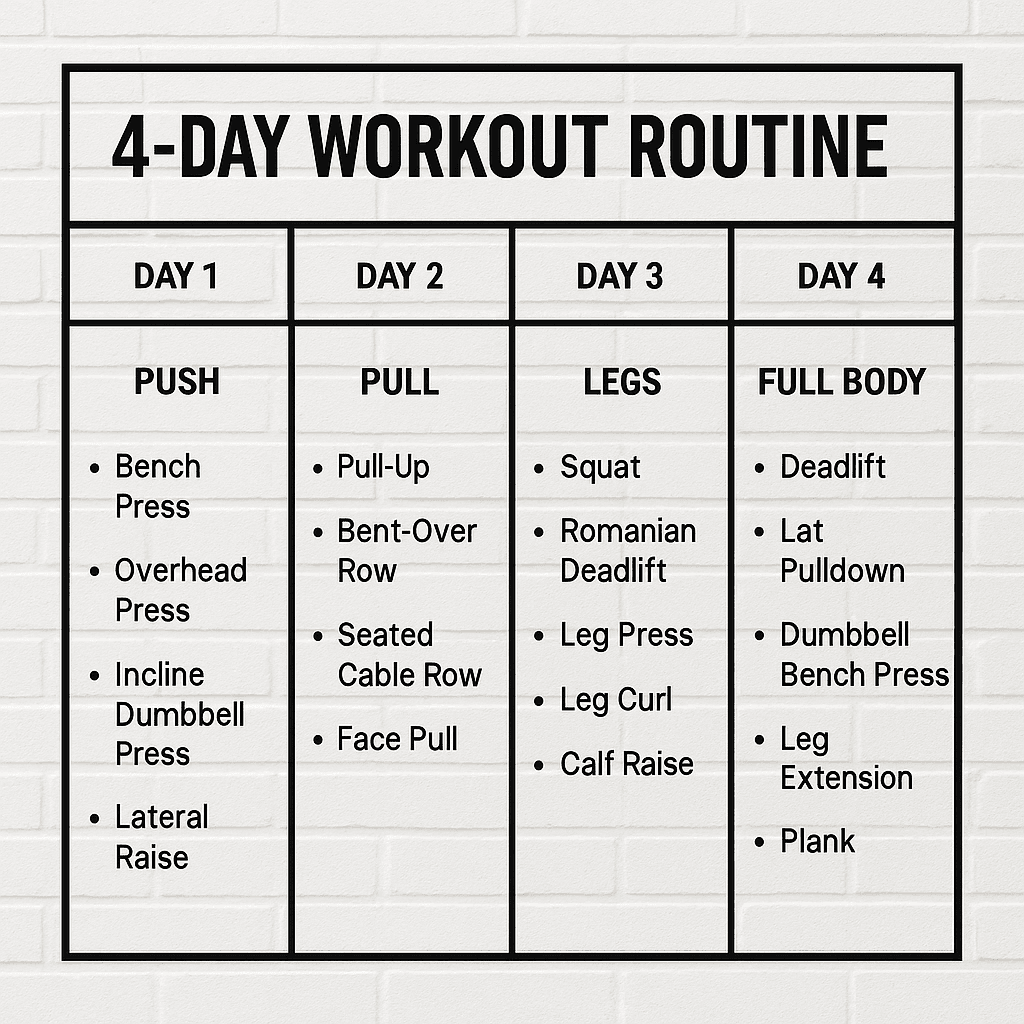Building Your Strength: A Beginner's Introduction to Bodybuilding
Everything has a starting point, you never guessed to be a F1 pilot the first time you jumped in a car, and you never guessed to be a scientist the first school day,so don't expect to be a perfect bodybuilder or to have Arnold's physique the first day in gym. It's a long Journey that probably will never end. Do you remember when you was a child,and into the process of descovering the world?Before becoming the big man/woman you are, you've done a lot of experiment and you make some mistake of course.
Setting Your Goals
Before diving into bodybuilding, it's essential to set clear and achievable goals. Whether you want to increase muscle mass, improve strength, or enhance your overall fitness, having specific goals will help guide your training and keep you motivated.My suggestion is, to set small goals easy to reach at the beginning.

Creating a Workout Plan
Building strength through bodybuilding requires a well-rounded workout plan that targets different muscle groups. Incorporating exercises such as squats, deadlifts, bench presses, and shoulder presses can help you develop a strong foundation. It's important to start with lighter weights and focus on proper form to prevent injuries.If you are not sure about some of the exercise,switching to machine sometimes could be the solution. Create the most simple plan if you are a beginner,starting by deciding how many days you will sttend the gym in a week,from there you can decide your routine. Here a very simple example:

Anyway if you want save time and money, best solution is always a fitness expert,who can drive you through a safe and fast way to reach your goal. Either you have few knowledge or nothing at all, a fitness expert can direct you on the right way,and you will not have that feeling of doing things wrong when you training.
Nutrition and Diet
Obviusly this topic is immense,and anything we can say in few words is relatively helpful.Nutrition plays a crucial role in bodybuilding. Consuming a balanced diet that includes lean proteins, complex carbohydrates, healthy fats, and plenty of fruits and vegetables is essential for fueling your workouts and supporting muscle growth. You should start by understanding your TDEE(Total daily energy expenditure) and from there you should play with macros depending on your goals.
Among these macronutrients, protein is of particular importance. While general guidelines suggest consuming between 1.6 to 2.2 grams of protein per kilogram of body weight per day, certain cases justify increasing protein intake up to 3 grams per kilogram of body weight for men. This higher range is particularly relevant for advanced athletes undergoing intense training, individuals in a caloric deficit aiming to preserve muscle mass, or those with higher lean body mass and recovery demands. It is important, however, to ensure that overall dietary balance is maintained.
Carbohydrates serve as the primary energy source during training and recovery. Depending on the individual’s training volume and goals, carbohydrate intake typically ranges between 3 to 6 grams per kilogram of body weight per day. Lower carbohydrate intake is appropriate during cutting phases or low-activity periods, while higher levels support intense training or muscle gain phases.
Dietary fats are essential for hormonal function, cellular health, and overall well-being. A general recommendation is to consume 0.8 to 1.2 grams of fat per kilogram of body weight daily. Fat intake should make up roughly 20 to 30 percent of total caloric intake and come from quality sources such as nuts, seeds, fatty fish, avocados, and olive oil.
In summary, gym-goers should prioritize protein intake—potentially up to 3 grams per kilogram of body weight in specific circumstances—while balancing adequate carbohydrate intake for performance and sufficient fat intake for hormonal and metabolic health. The exact macronutrient distribution should reflect the individual's body composition, training intensity, and specific fitness goals.
Additionally staying hydrated and getting enough rest are equally important for recovery and overall well-being.
Progress Tracking
Tracking your progress is key to staying motivated and monitoring your improvements. Keeping a workout journal, taking regular measurements, and tracking your strength gains will help you stay on course and make necessary adjustments to your training program.
Rest and Recovery
Rest and recovery are often overlooked but are crucial components of bodybuilding. Giving your muscles time to recover is essential for growth and preventing overtraining. Aim for 7-9 hours of quality sleep each night and incorporate rest days into your training schedule.

Seeking Professional Guidance
If you're new to bodybuilding, consider seeking guidance from a certified personal trainer or fitness professional. They can provide personalized advice, ensure proper technique, and help you design a tailored workout and nutrition plan to meet your goals. Without doing this you could face many mistakes and the road to success will result in a much longer route.
Staying Consistent
Consistency is key when it comes to bodybuilding. Building strength takes time and dedication, so staying consistent with your workouts, nutrition, and recovery practices is essential for long-term success. Set realistic expectations and stay committed to your fitness journey.
Enjoying the Process
Above all, remember to enjoy the process of bodybuilding. Embrace the challenges, celebrate your progress, and take pride in the strength and confidence you'll gain along the way. With dedication and perseverance, you'll be well on your way to achieving your bodybuilding goals.

```
